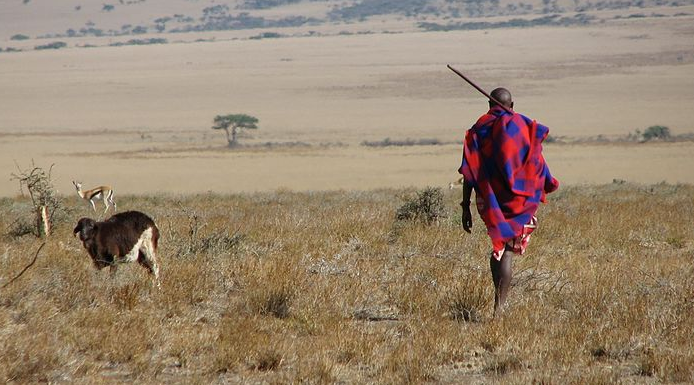Kampala Jellitone Suppliers Ltd was recognized for Avoided Deforestation
[Business News: Top Honors]
Two African projects were among the winners at a ceremony in London hosted by Prince Charles, who is a champion of green energy.
An Ethiopian project and a Ugandan initiative bagged the prestigious Ashden Awards for Sustainable Energy.
Short films about the projects showed how they have transformed the lives and fortunes of individuals and communities, as well as saving thousands of tons in carbon emissions.
The winners are the Solar Energy Foundation, working in the Ethiopian highlands, and a Ugandan company, Kampala Jellitone Suppliers.
The Ashden Awards were founded in 2001 to encourage the greater use of local sustainable energy to address climate change and alleviate poverty.
Since then, they have rewarded over 100 winners across the UK and the developing world.
The Ashden Awards work to show-case and celebrate best practice, encourage the expansion and replication of winners’ work, raise awareness of the potential of local sustainable energy, and advocate on their winners’ behalf.
The Ethiopian project was recognized for electrification of rural areas, supported by the John Ellerman Foundation, for setting up the biggest solar energy program in Ethiopia, with over 2,000 small solar systems installed in two villages that are off the electricity grid and a further 8,500 units due to be installed elsewhere in the country by the end of the year.
The judges commended the project for “bringing modern solar energy technology to deliver light and power to remote Ethiopian villages.”
The Foundation was established in 2006 by Dr. Harald Schützeichel, who had previously set up and run a solar business in Germany.
Working closely with local government bodies and also the Disaster Preparedness Agency Ethiopia, SEF provides not just technology, but also maintenance and a financial structure that means each household can have its own solar-home-system.
Kampala Jellitone Suppliers Ltd was recognized for Avoided Deforestation, supported by the Waterloo Foundation, for producing non-char biomass briquettes made from agricultural waste.
130 tons of briquettes sold every month reduce deforestation and saves about 6.1 tons of carbon dioxide per ton of briquettes used.
KJS was tapped for “transforming unwanted agricultural waste into a sustainable energy source.”
Processing of commercial crops generates large volumes of biomass residues including rice and peanut husks, coffee pulp and maize stalks.
KJS is a coffee processing business that recognized the potential for converting this waste into a clean fuel.
Market demand was so strong that they started producing and selling briquettes made from the residues along with improved stoves that burn the briquettes more cleanly and efficiently.
These products are now used by thousands of cooks throughout Uganda and the business is set to grow.
The company is currently selling about 130 tons of briquettes every month to 31 schools, universities and hospitals for cooking, and to five factories for producing heat.
Please post your articles directly online or submit to [email protected] for publication
“Speaking Truth To Empower.”











